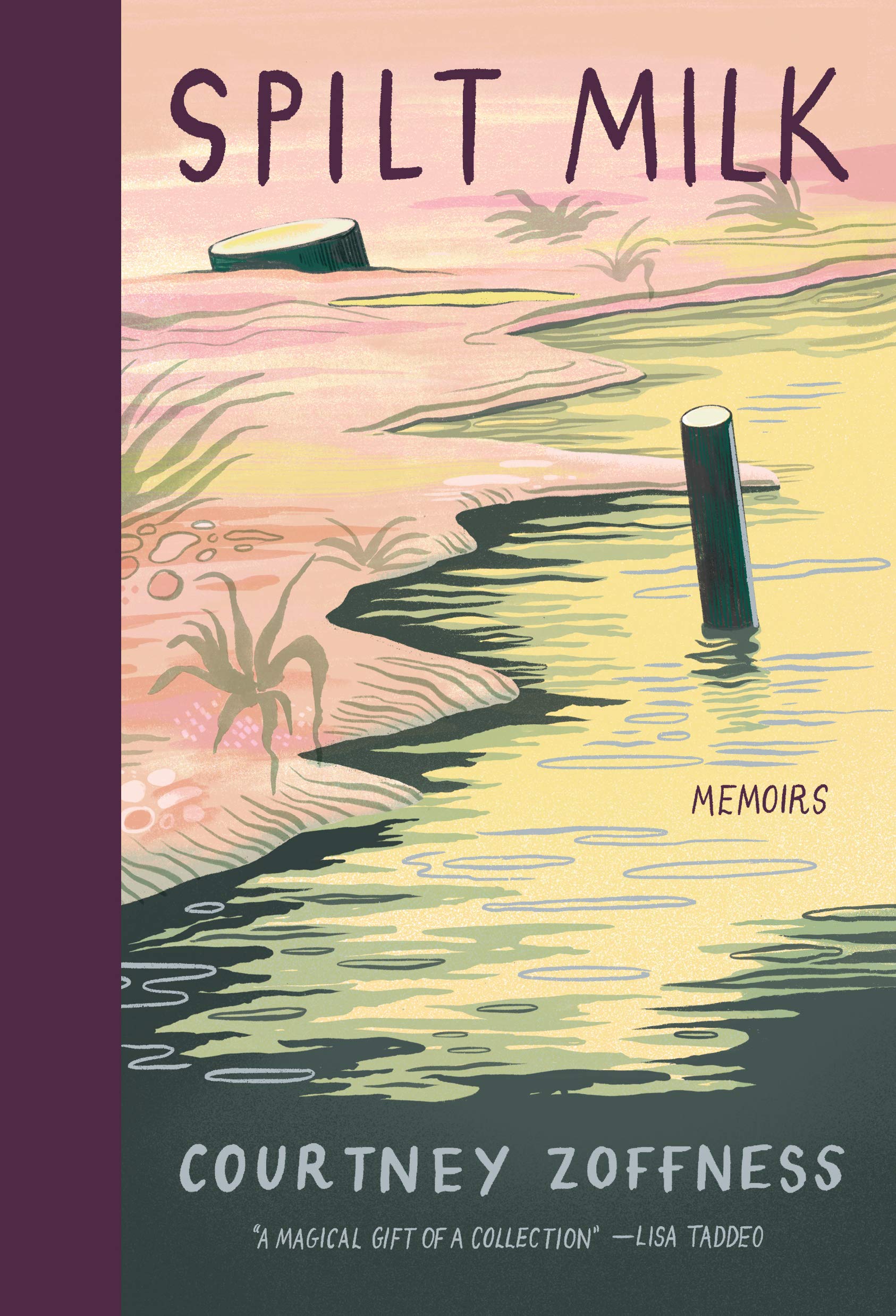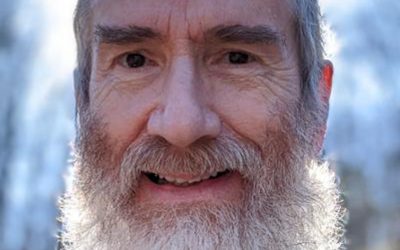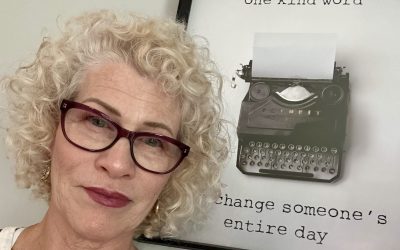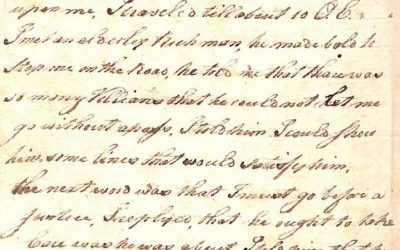Zoffness discusses her debut book, Spilt Milk
March 2021 – Courtney Zoffness, assistant professor, director of the Drew University Creative Writing Program, and winner of the 2018 Sunday Times Short Story Award, appeared at a virtual Writers@Drew event to discuss her debut book, Spilt Milk.
Zoffness, who runs the Writers@Drew series and typically leads the events, got a chance to be the one reading from a recent work and answering questions about her writing process and career.
She began by reading from her essay, “The Only Thing We Have to Fear,” one of many that make up her memoir-in-essays, which published to high praise earlier this month, before talking about her writing processes with Andrea Chapin, who teaches fiction writing at Drew and moderated the event.
Here are some of her most insightful answers to questions asked by students in the virtual audience.
As someone who writes a lot of fiction, why did you make your debut book a collection of nonfiction essays?
“I was working on fiction and writing some essays on the side. This project of writing essays really took hold when I became a mother and there were certain experiences that I was itching to understand or make sense of in nonfictional language. Then Cam Terwilliger, a creative writing professor at Drew, assigned his students some of my essays that had recently been published, and when I reread them, I realized that they had themes in common with other essays I was writing. It occurred to me that I actually had a book in the making.”
How has your writing evolved?
“At the start of my writing career, I was trying to emulate the kinds of writers whose work I was being taught. I was largely reading traditional, spare stories by old white men. I kept trying to write that capital-S story that sounded like theirs, but that model wasn’t the right fit. It was explosive to discover alternate ways to write. I think when I started reading writers who were less interested in the “square” story, that really lit something in me.”
Did you discover new things about your own writing and yourself when rereading your own work?
“Writing this book was a process of discovery. This is one of the reasons I love creative nonfiction. I was learning my own interests and priorities as I wrote. Rather than turning away, I think I chased them harder, because I was interested in whichever direction the writing seemed to be going.”
"It is important to stare at some problems, whether small or large, to see how we can be better.”
What is your writing process like? Was your process for each essay the same?
“The writing process for each essay was different. Some of them took many years to complete. Some of them came out virtually whole. For all of them, I was a meticulous sentence-level massager. I think something that one acquires over time is a certain amount of patience with the work. I didn’t want to just write an essay or a book. I felt it was important to have work that I felt proud of and that exemplified the best I could do at the moment.”
What advice do you have for first-time writers?
“There were some essays that I wrote two-thirds of and put aside. Five years later I unearthed it and went, ‘Ah, the ending!’ New writers have a kind of impatience to publish and may not want to hear how long some pieces may actually take. I think tenacity is a real value—a stick-with-it-ness. Just because you can’t necessarily find your way to the end of an essay, a novel, or a memoir right away doesn’t mean you won’t find an end. I do think there’s a lot of value to stepping away and returning. If you take the long view or aerial view and are willing to let a piece marinate for a bit of time, I think you return to it with renewed wisdom and renewed ideas.”
How do you become a better editor for yourself?
“Practice. You just have to do it all the damn time. Also, having valued readers. The more you practice refining and chipping the prose based on feedback you receive, the closer you get to figuring out the voice you want to have on the page and the easier it becomes to identify those choices yourself.”
How did you choose the title Spilt Milk?
“Spilt Milk evokes the idiom ‘There’s no use crying over spilt milk,’ which is another way of saying, ‘Get over it.’ It also evokes childhood and parenthood. It evokes accidents. This book works hard to look back in order to look forward. I think there’s a lot of value in looking hard at the milk that’s “spilt” in order to learn some lessons.
“I also think that phrase has become pretty omnipotent. I’ve seen it used in Op-Eds to speak against the Black Lives Matter movement. ‘Slavery ended hundreds of years ago, it’s spilt milk, stop crying, etc.’ I think this title choice is me pushing back against that lame criticism and saying it is important to stare at some problems, whether small or large, to see how we can be better.”
All Writers@Drew events are co-sponsored by The Casement Fund and the English Department and are always free.




